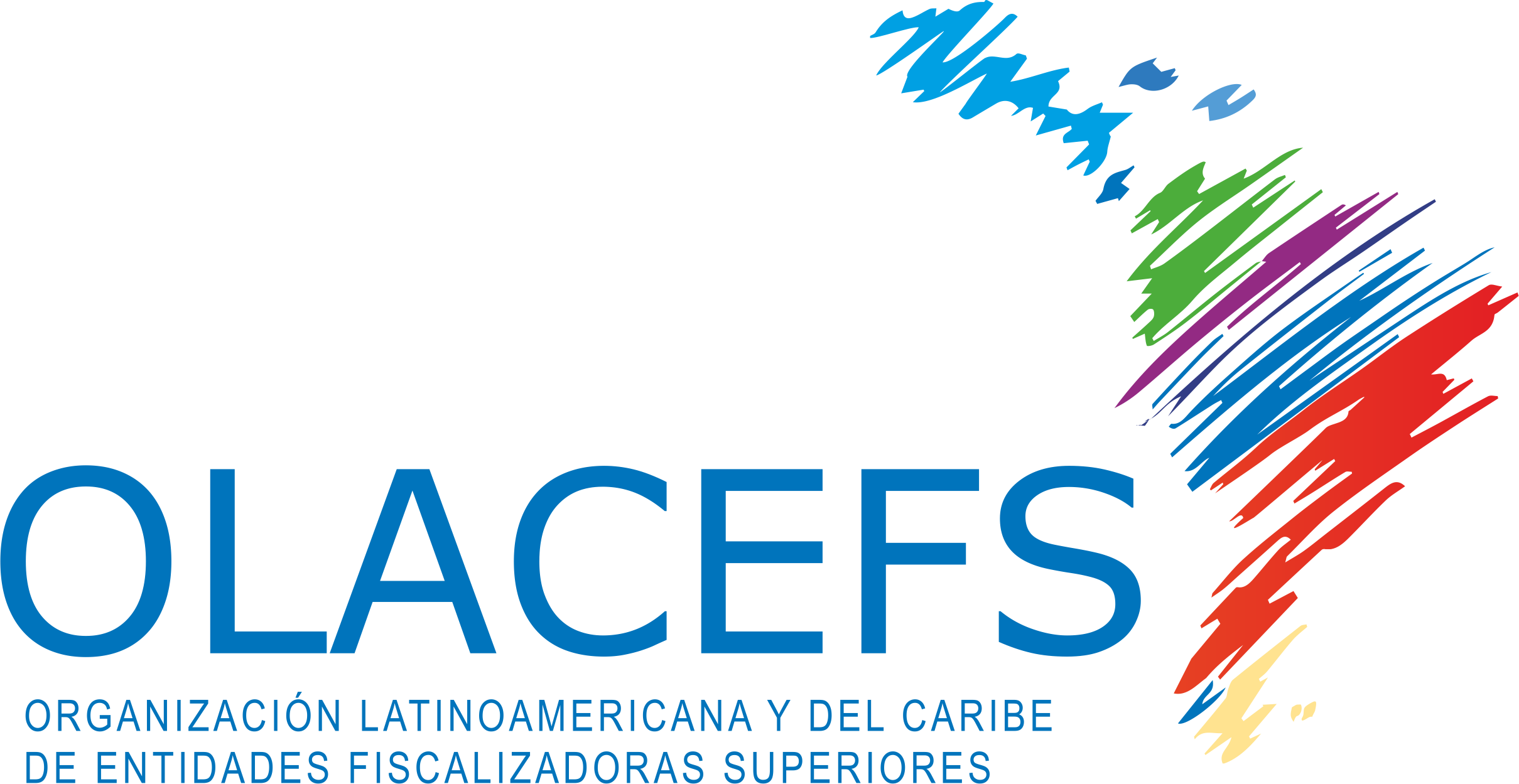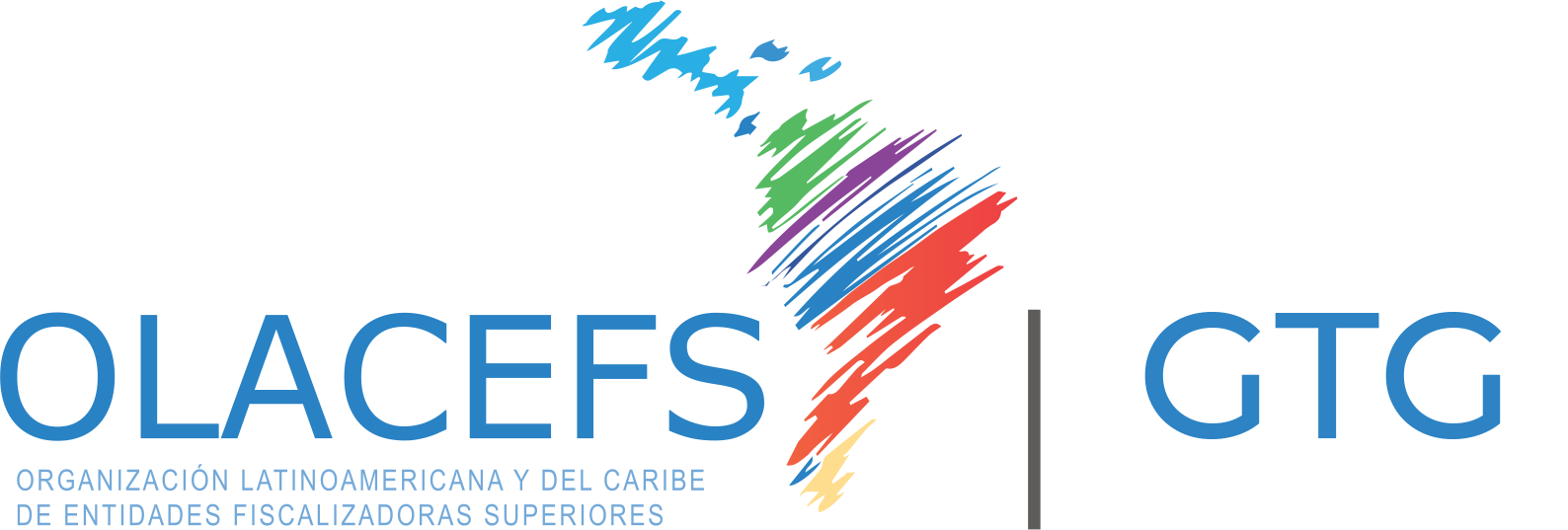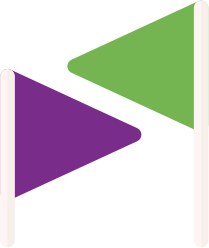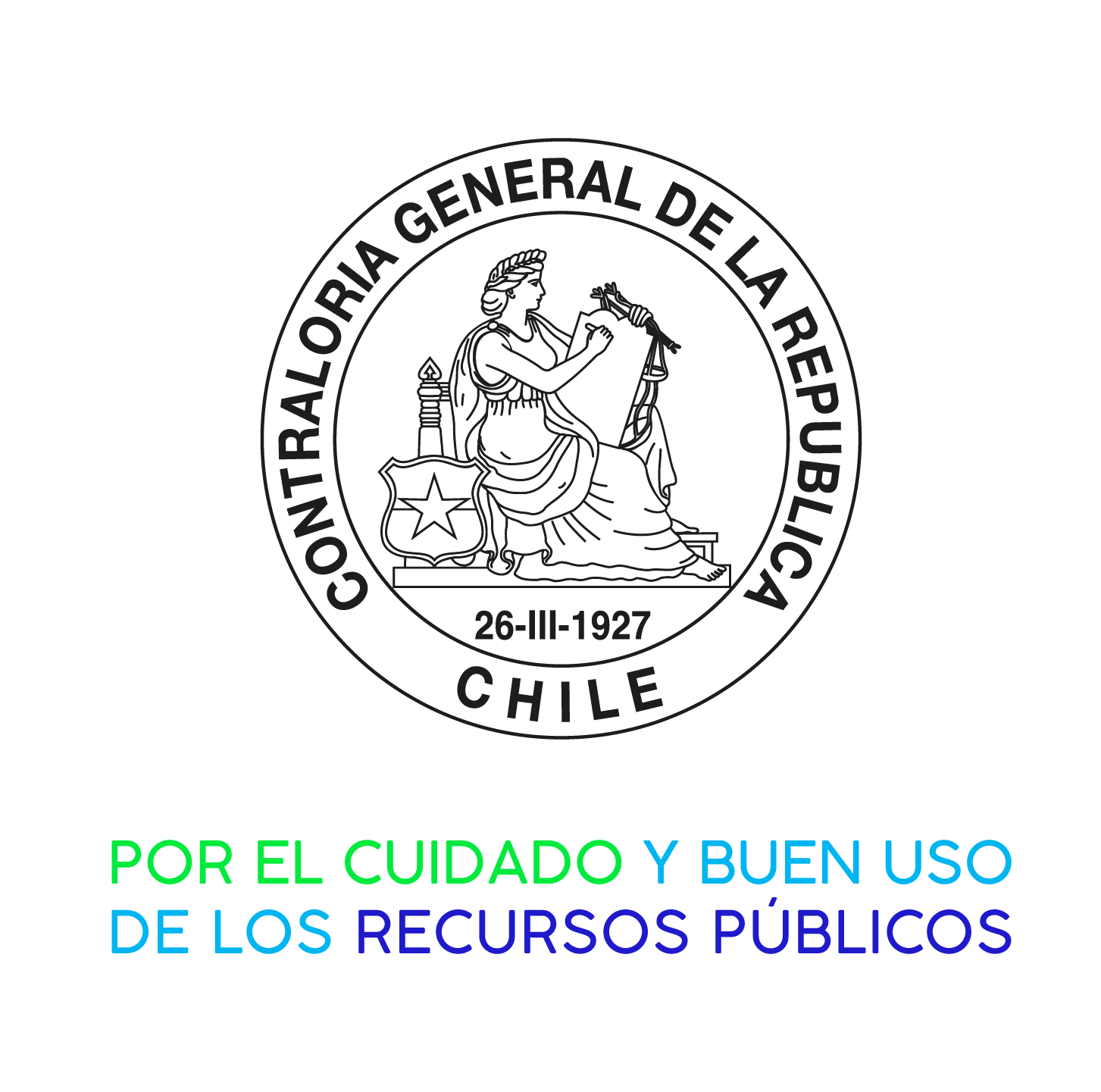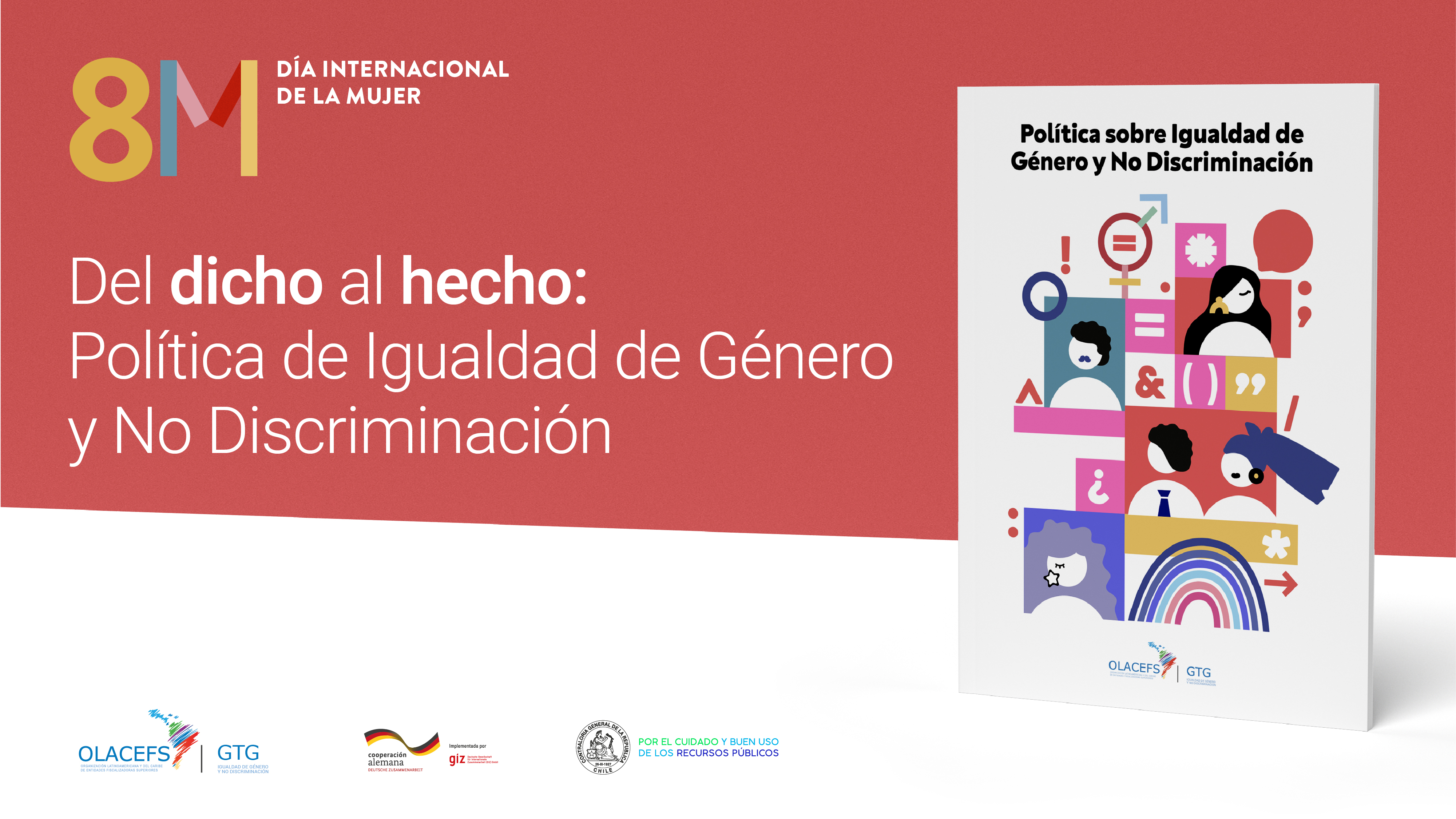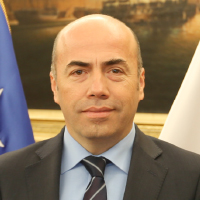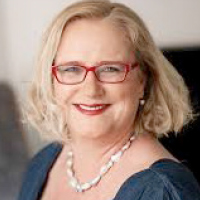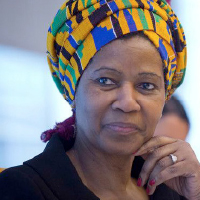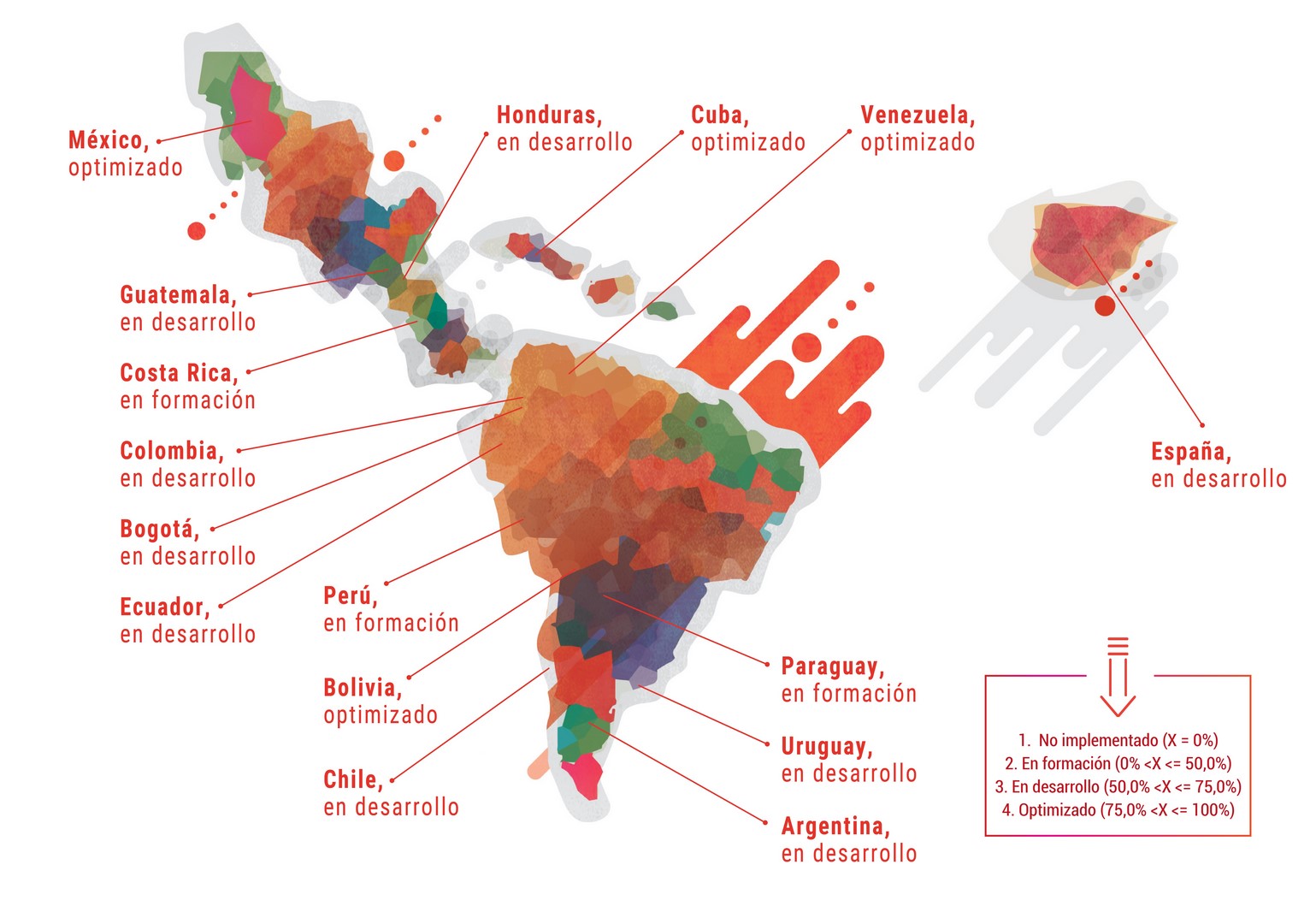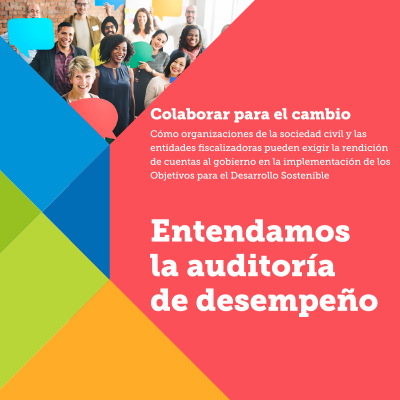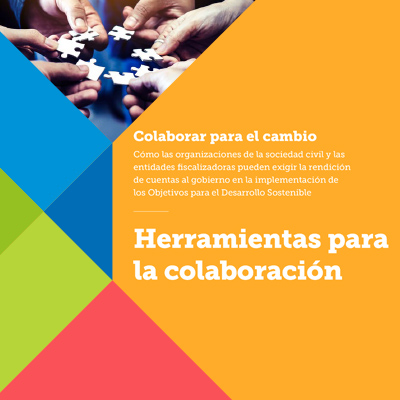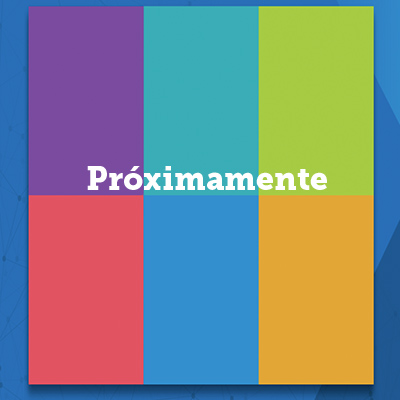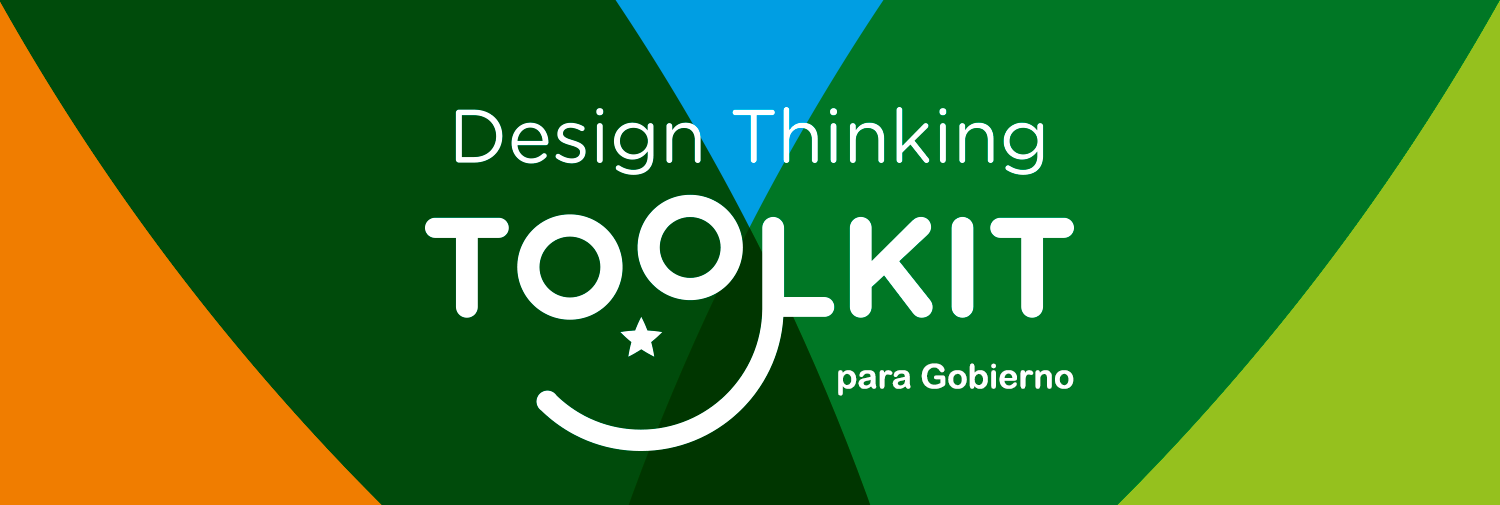AUDITORÍA IBEROAMERICANA SOBRE IGUALDAD DE GÉNERO 
En esta auditoría tuvo como objetivo general evaluar la preparación de los gobiernos para implementar el Objetivo de Desarrollo Sostenible 5, igualdad de género.
En este proceso participaron 18 EFS (16 del continente, 1 subnacional y 1 europea). A saber: Argentina, Bolivia, Brasil, Bogotá, Chile, Colombia,Costa Rica, Cuba, Ecuador, España, Guatemala, Honduras, México, Nicaragua, Paraguay, Perú, Uruguay y Venezuela.
El informe denota el grado de avance de la implementación del ODS 5 en torno a los ejes de planificación, financiamiento y seguimiento.

